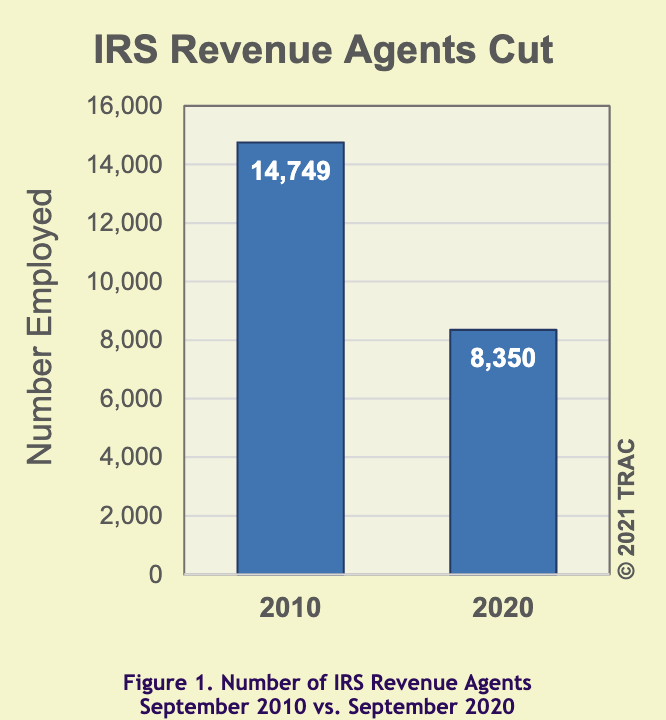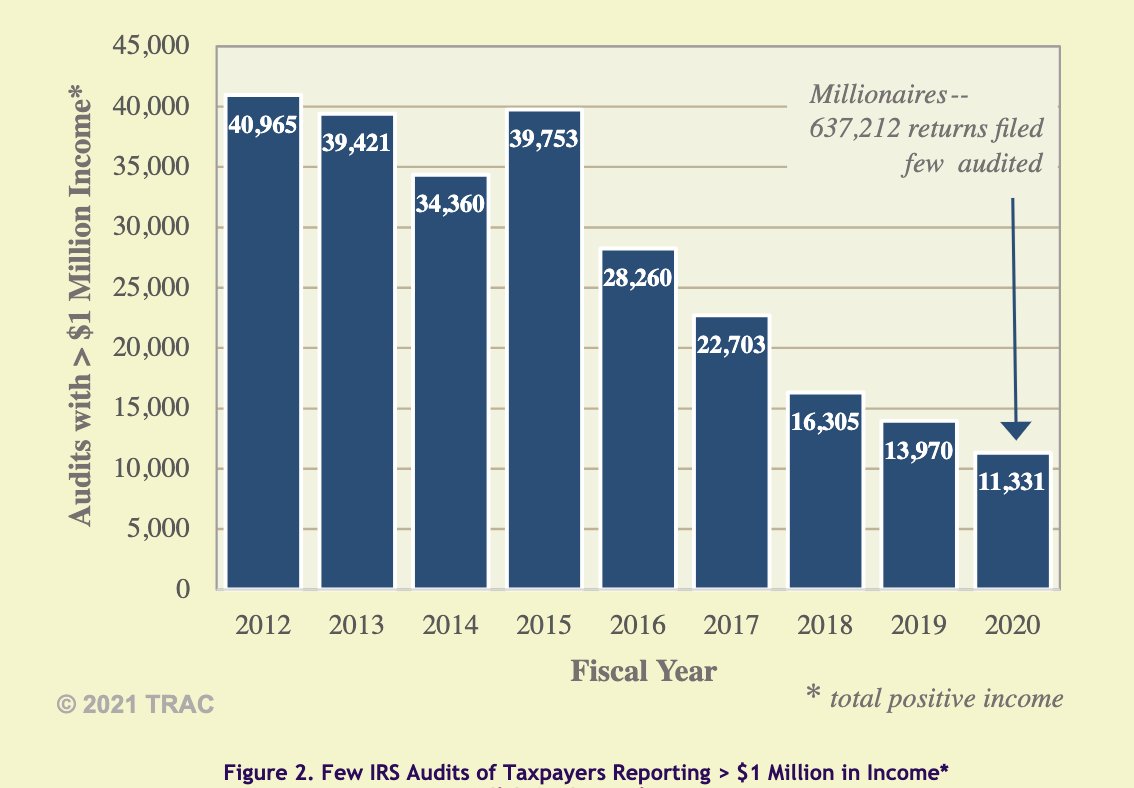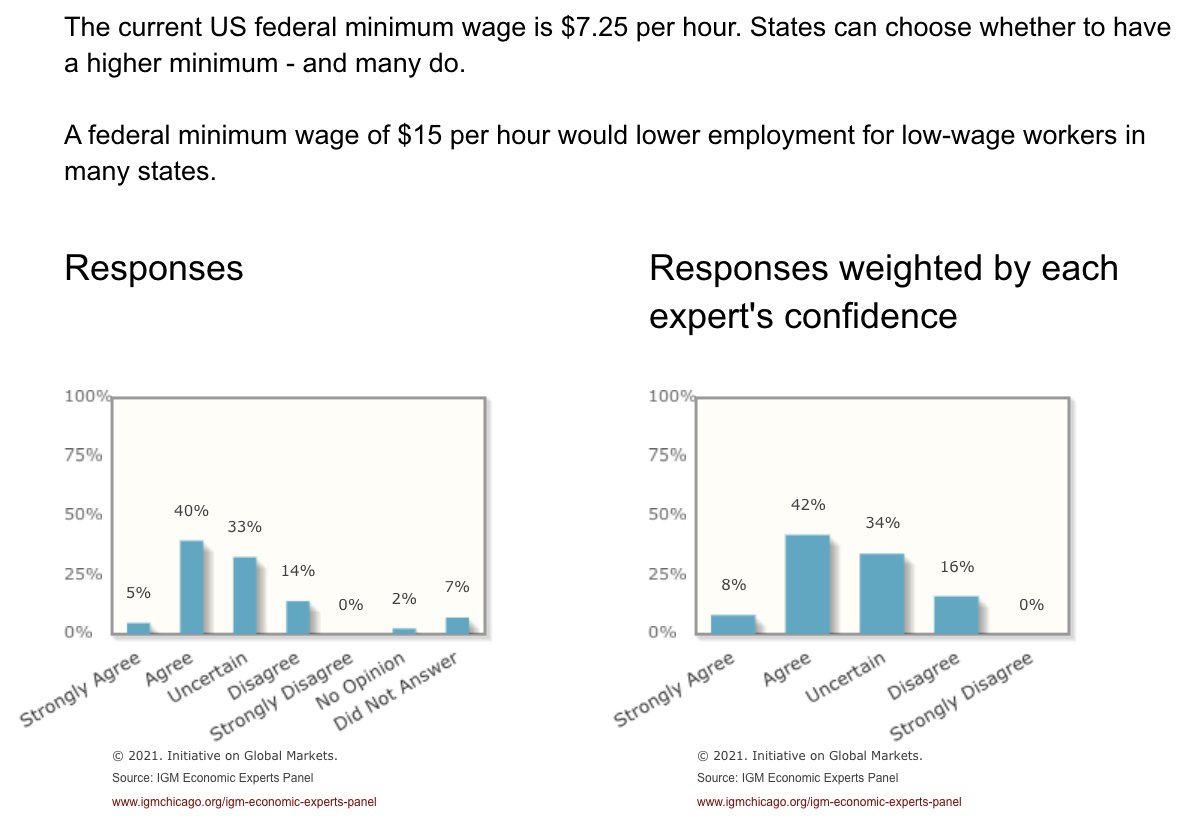
Much has been written about K-shaped recovery, mostly focused on jobs. High-earners doing OK; low-earners still jobless
A similar divergence is happening in housing: rents for high-end, luxury digs have plummeted; rents for poor held steady or even *rose* washingtonpost.com/opinions/2021/…
A similar divergence is happening in housing: rents for high-end, luxury digs have plummeted; rents for poor held steady or even *rose* washingtonpost.com/opinions/2021/…

Here's a look at Chicagoland neighborhoods. Ritzier neighborhoods (e.g., River North, Old Town, Streeterville) have gotten much cheaper in the past year. In lower-income (and often majority-Black) areas like Englewood, Chatham, Washgton Park, rents are up. washingtonpost.com/opinions/2021/… 

So, what's going on? Why are lower-earners getting squeezed from both directions -- drop in earnings, AND increase in rents? Why are higher-wage households getting a break on their rents that they don't really need? washingtonpost.com/opinions/2021/…
Dynamics at high-end easier to explain. Renters w/ means to leave dense urban living did so, with lots of higher-income renters transitioning to homebuyers in the 'burbs. Also, lots of high-end supply came on market last year, just as demand was falling washingtonpost.com/opinions/2021/…
At low end of market, a few possibilities. One is that a lot of people tried to save money by moving down the housing ladder -- downsizing or downgrading. Since there was *already* a shortage of affordable units, this bid up prices at the bottom. washingtonpost.com/opinions/2021/…
Additionally, rents at low end are already close to operating costs. Landlords might be less able/willing to give tenants a break on rent if their own costs go up. washingtonpost.com/opinions/2021/…
Eviction moratorium shields desperate tenants from displacement and homelessness. Which is generally a good thing. But, there might be some unintended consequences - landlords stuck with tenants who can’t pay may try to offset these losses by raising rents on everyone else.
Low-income renters also have limited ability to push back on rent increases, given costs of moving and very limited outside housing options.
True not just during a pandemic of course -- though pandemic made these things worse. washingtonpost.com/opinions/2021/…
True not just during a pandemic of course -- though pandemic made these things worse. washingtonpost.com/opinions/2021/…
The American Rescue Plan has $$ for emergency rent relief and vouchers. This will help some tenants. But truly addressing high rent burdens on the poor, both during pandemic and after, will ultimately require increasing the supply of affordable housing. washingtonpost.com/opinions/2021/…
• • •
Missing some Tweet in this thread? You can try to
force a refresh








